The School is proud to announce new partnerships with Glad Group, the Chartered Institute of Procurement and Supply (CIPS) and ResponsibleSteel. School CEO, Hayley Jarick, is thrilled to have another triple Partnership announcement, “I’m genuinely excited that the Glad Group, CIPS and ResponsibleSteel cohort of Partners have joined the School! Not only are they great businesses to work with but each marks a significant milestone for the School. More supply chain professionals are trying to upskill their suppliers on sustainability and can use our free resources to get there. More sustainability tool providers are working as a collective to raise sustainability competency. And, we now have a leader in the property services industry stepping up to drive to uptake of sustainability in cleaning, concierge, security and maintenance services.”

Glad Group is a national provider of cleaning, concierge, security, trades and maintenance services across a diverse client base which encompasses government, education, commercial, retail, office, multisite and logistics industries. Glad Group shares their clients’ commitment to service excellence, innovation and sustainability.
Nina Collinson, Glad Group’s National Sustainability Manager, says that “we know that material, environmental, social and governance factors will influence a company’s performance; as such we have a long-standing commitment to embedding these principles into our business and seeking to create value not only for our shareholders but our broader stakeholders at the same time. We want to be a force for good and are focused on continually improving our capability in tackling material sustainability issues.”
“Glad Group’s suppliers are some of our key business partners and we want to work with them and help build their understanding and capability to manage key sustainability issues, to ensure we achieve the best sustainability outcomes for everyone. Partnering with the Sustainability Supply Chain School means that we have a great platform through which we can share knowledge and great practice to the benefit of not only our suppliers, but also the broader industry.”

The Chartered Institute of Procurement and Supply (CIPS) is the world’s largest professional body dedicated to procurement and supply. CIPS exists for the public good and is the voice of the profession, promoting and developing high standards of skill, ability and integrity among procurement and supply chain professionals. Sustainability is a core focus and is integral to their qualifications, training programmes and knowledge resources. CIPS certified practitioners have to undertake annual training and testing on ethics and sustainability to maintain their Chartered accreditation. CIPS works with businesses and governments of any size to drives awareness of the importance of procurement’s role in embedding sustainable practices in their organisations.
“Collaborating with likeminded organisations on sustainable supply chains is essential to addressing the global environmental and societal challenges,” says Sharon Morris, CIPS General Manager – Australia & New Zealand. “A partnership with the Supply Chain Sustainability School allows CIPS to cooperate with leaders in this field, share knowledge, drive innovation, and ultimately equip procurement and supply chain professionals with additional resources to tackle these challenges.”

ResponsibleSteel is a not-for-profit organisation that is the industry’s first global, multi-stakeholder standard and certification initiative. Their members are from every stage of the steel supply chain their independent certification standard for steel sites will be launching in early 2021.
Steel is the world’s most widely used material and those who use it in the transport, automotive, infrastructure, packaging, construction, energy and white goods sectors have a growing expectation that the materials they work with are responsibly sourced and produced. ResponsibleSteels’ aim is to improve sustainability within the steel supply chain, ensuring businesses and consumers can be confident that the steel they use has been sourced and produced responsibly at every stage of the supply chain.
Ali Lucas, ResponsibleSteel said, “We feel that the partnership between the Australian Supply Chain School and ResponsibleSteel will be a great benefit to both parties, it will allow us to provide support on steel related topics for the School and will give us a better understanding on key supply chain issues that the school specialises in.”
Jarick was excited about the new partnerships but was not surprised, “The COVID-19 pandemic has forced everyone to acknowledge the importance of social and environmental sustainability and the significant impacts on our everyday lives that can arise from these elements. It’s also fast tracked the evolution to online learning both live and on-demand. So, given we are an online sustainability school, I’m not surprised that more organisations are stepping up to become Partners of the School.”
If you are interested in learning more about becoming a School Partner, visit our Partner Page or contact Hayley.
_____
About Glad Group
As a proudly Australian-owned and family run business, Glad Group has been dedicated to working in partnership with clients since 1989. Glad Group offers national capability with tailored property services to suit the individual needs of our clients. As a national provider of cleaning, concierge, security, trades and maintenance services, their partnerships extend across a diverse client base encompassing government, education, commercial, retail, office, multisite and logistics industries. Glad Group’s commitment to collaboration and partnership delivers quality solutions, ensuring high stakeholder satisfaction, a lower risk profile and cost efficiencies.
gladgroup.com.au
About CIPS
The Chartered Institute of Procurement & Supply (CIPS) is the leading international body representing procurement and supply management professionals. It is the worldwide centre of excellence on procurement and supply management issues. CIPS has a global community of 200,000 in 150 different countries, including senior business people, high-ranking civil servants and leading academics. The activities of procurement and supply chain professionals have a major impact on the profitability and efficiency of all types of organisation and CIPS offers corporate solutions packages to improve business profitability.
www.cips.org
About ResponsibleSteel
ResponsibleSteel is a not-for-profit organisation, ResponsibleSteel is the industry’s first global multi-stakeholder standard and certification initiative. Welcoming members from every stage of the steel supply chain, we have developed an independent certification standard which was launched in November 2019 and hope to have our first steel site certified in early 2021.
www.responsiblesteel.org

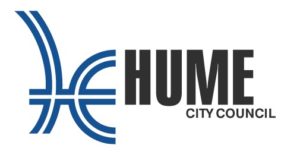


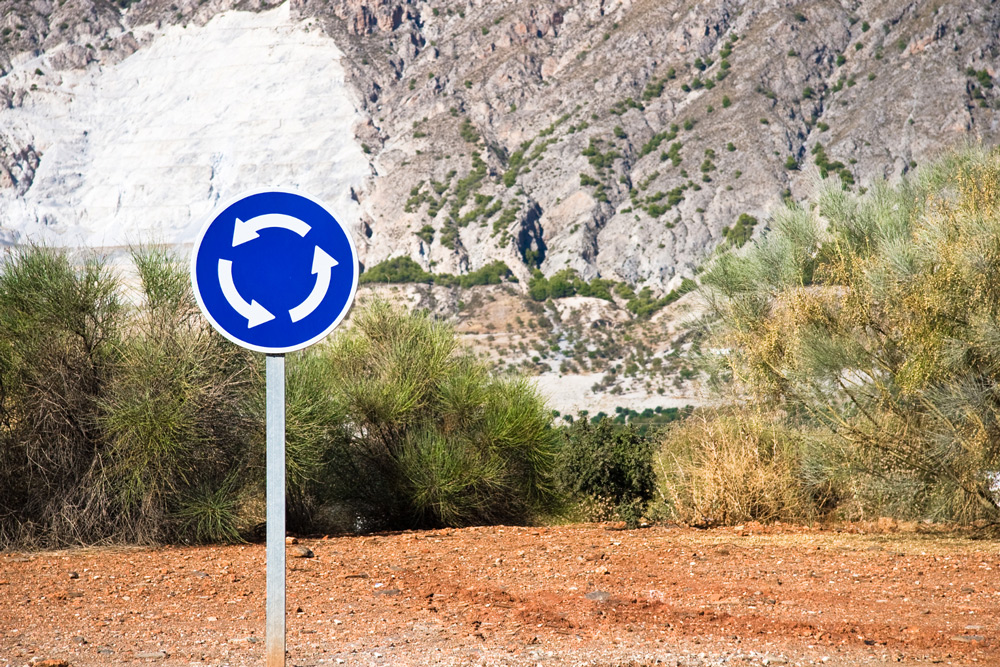
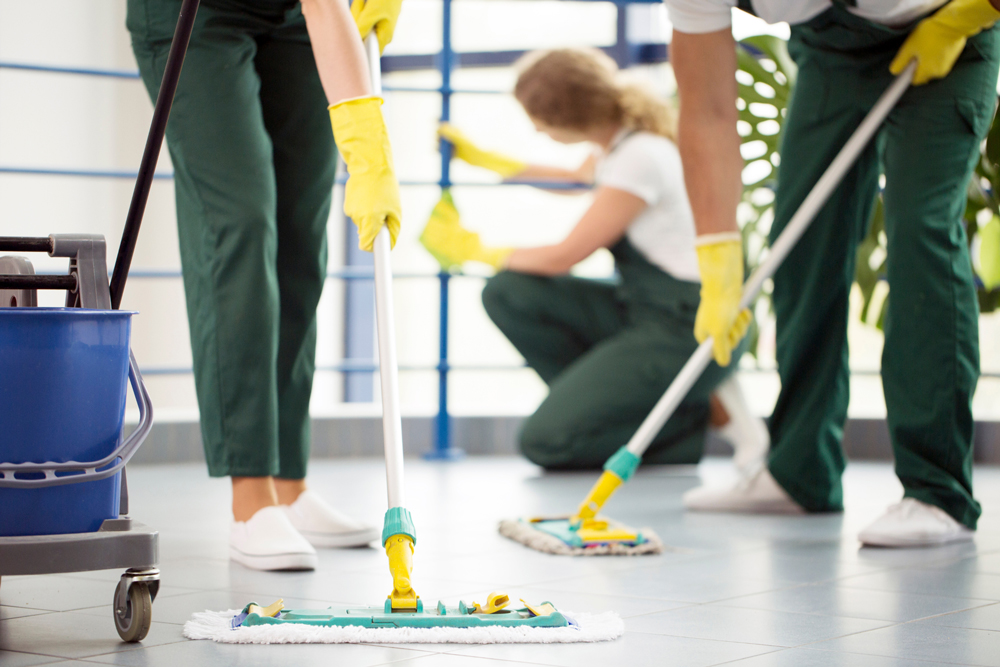
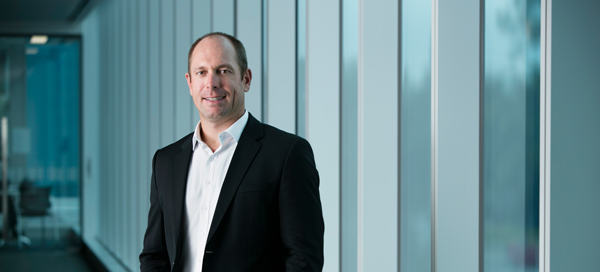
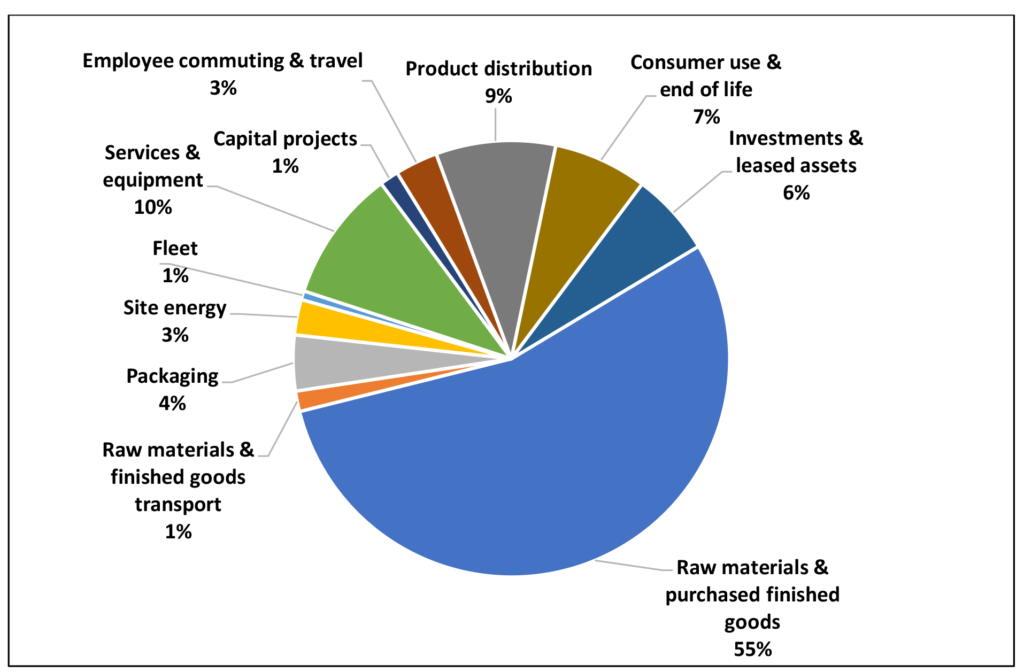
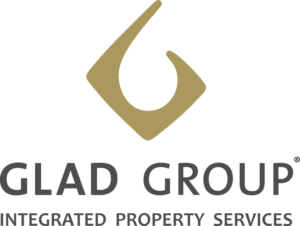
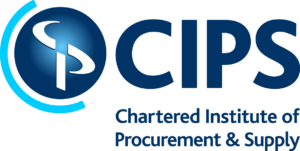
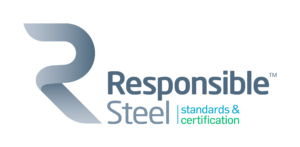

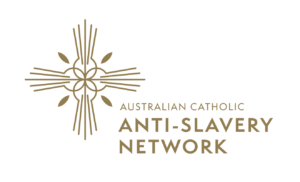
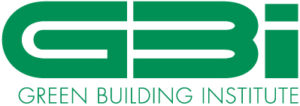


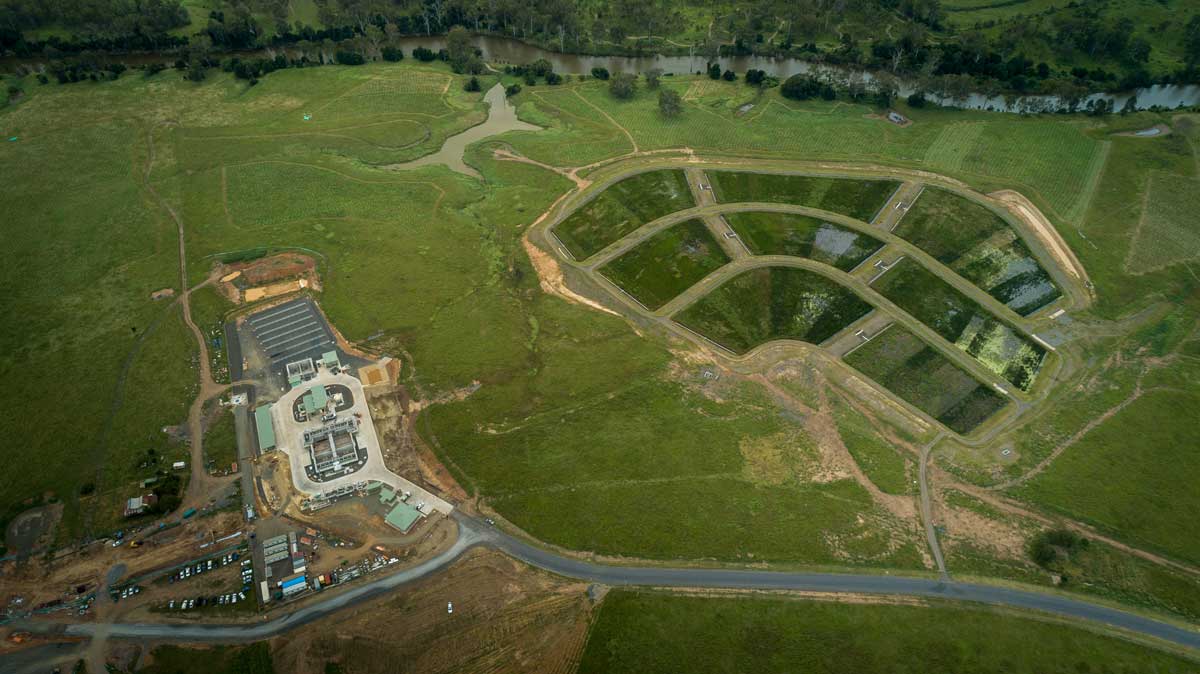

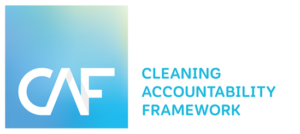
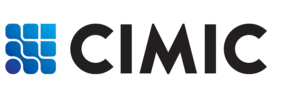

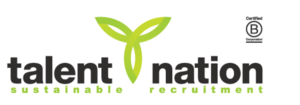

Recent Comments